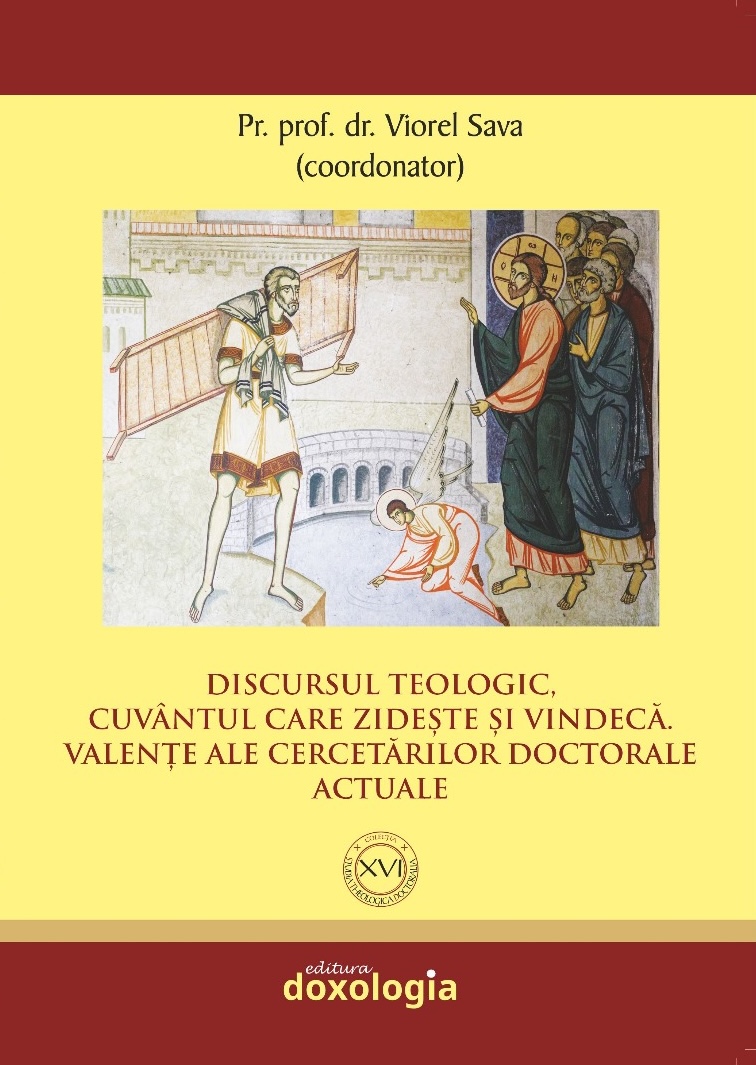Tattooing: the point of view of Orthodox Ethics
Tattooing: the point of view of Orthodox Ethics
Author(s): Miltiadis VANTSOS
Subject(s): Christian Theology and Religion, Theology and Religion
Published by: Editura Doxologia
Keywords: tattooing; body modification; self-expression; health risks; orthodox ethics; spiritual life; materialism; vanity;
Summary/Abstract: Tattooing is often seen as a form of personal aesthetics and self-expression, but it also carries ethical implications related to one's relationship with self, society and spirituality. While tattoos have historical and cultural significance, today they are primarily a means of body modification and self-identity. The ethical concerns arise from the permanence of tattoos, which are associated with physical health risks and can influence how individuals relate to their evolving selves and social roles. The Fathers of the Church, noting that people attach great importance to the beauty of the body - which is perishable, temporary and of no use for the spiritual life and the attainment of holiness - compare it with the beauty of the soul, which is not subject to physical decay and attracts the love and esteem of one's fellow men and the favour of God. In their view, all forms of excessive beautification of the body can encourage a materialistic mentality and promote vanity. The article concludes that while tattooing is not intrinsically evil, it can easily divert the spiritual life from its true course.
- Page Range: 223-233
- Page Count: 11
- Publication Year: 2024
- Language: English
- Content File-PDF

